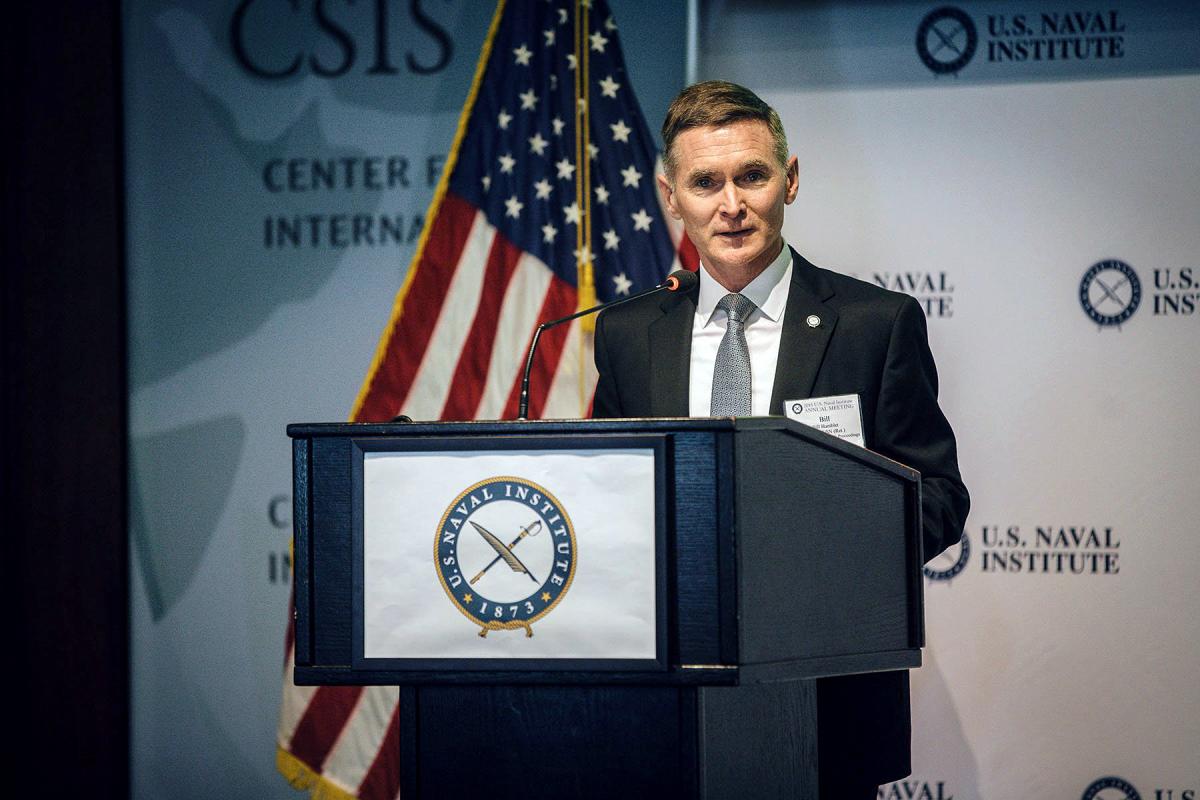At the June Naval Institute Editorial Board meeting, we discussed the role of anonymity, anonymous authors, or authors writing under pseudonyms in Proceedings and on the Naval Institute Blog. A search of our website for anonymous authors yields few examples—the last being in March 2000, when “An Anonymous Military Officer” wrote about the military anthrax vaccination program. At the end of our meeting, the board recommended I explain our current policy in my editor’s page.
In essence, we maintain different standards for Proceedings and the Blog. The bar for anonymity in Proceedings is very high—it would require my recommendation and approval by the Editorial Board. An author would have to make a compelling case, and the topic would have to be critically important. But even clearing those hurdles, the editorial staff would need to know the author’s identity and would check his/her facts.
The bar for the blog is lower. Blog articles are not reviewed by the Editorial Board. They receive minimal edits from the staff. We don’t pay blog authors. And there is greater leeway for humor and irreverence. For the past 11 years, we have published CDR Salamander’s pseudonymous posts weekly. At the time he started writing for the blog in 2008, he already had established his persona on a private blog. He brought his audience to us, and he writes for free. His identity is well-protected, but there are members of the Naval Institute staff who know who he is. More recently, we allowed The Salty Millennial to write a weekly column on the blog. Like Salamander, members of the staff knew his identity, and he also wrote for free. After several months, Salty decided to reveal his true identity. Now he writes as Salty, Saltron 5000 (his A.I. persona), and Lieutenant Commander Jimmy Drennan, U.S. Navy.
I have long held strong feelings about anonymity. In the December 2001 Proceedings, as a lieutenant commander, I wrote an article about Navy admirals’ anonymous criticisms to the press about the Bush Administration’s decision to close the Navy’s training ranges on Vieques Island, Puerto Rico. “What are sailors and junior officers learning from flag officers’ off-the-record criticisms of the Vieques decision? Anonymous expressions of outrage to the press send a message that it is not safe to disagree openly and that it is acceptable to talk behind the boss’s back,” I wrote. Professionals should have the courage to speak up and voice their disagreements openly, forcefully, factually, and respectfully.
So, this is our policy on anonymity and pseudonyms: We don’t allow it in Proceedings, except rarely and with deliberate approval by the Editorial Board. We do allow it on the Blog, but we prefer authors identify themselves. It is an interesting coincidence that Lieutenant Commander Drennan’s “Bad Ideas Have No Rank: The Moral Imperative of Dissent in the Navy” appears on pages 36–41 of this issue. Drennan argues that military people have a duty to speak up and give their best advice to commanders. He also recognizes the risks and offers advice on how, where, and when to best offer dissent. For nearly 150 years, Proceedings has been a vehicle of professional dissent—a place where those who desire the best Navy, Marine Corps, and Coast Guard have been able to offer new ideas and disagree with norms and policies that no longer work.
Bill Hamblet
Captain, U.S. Navy (Retired)
Life Member since 1993





